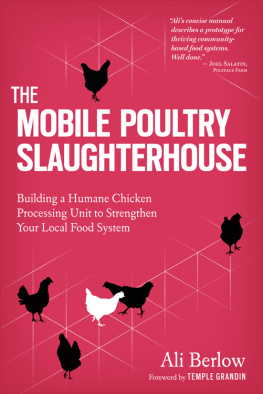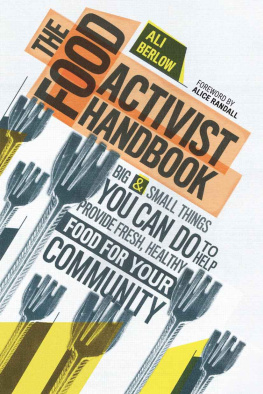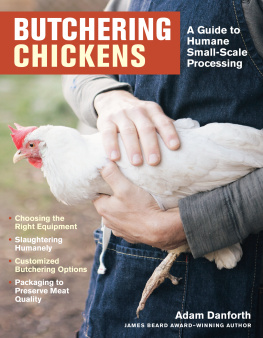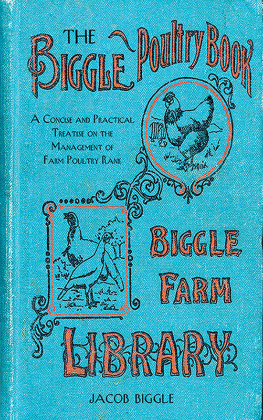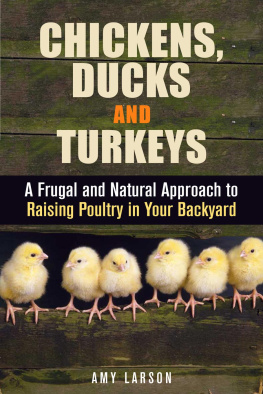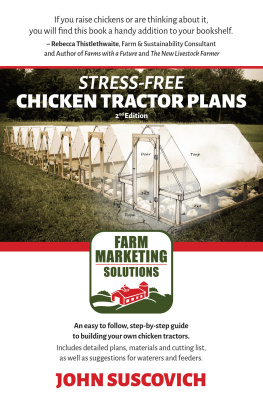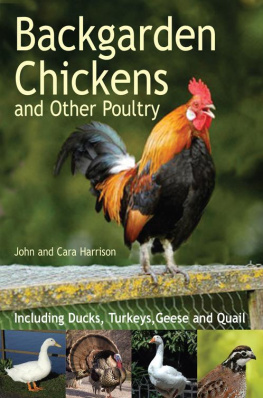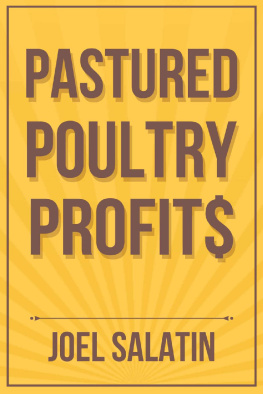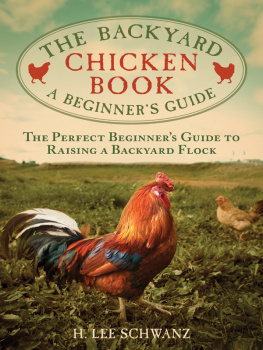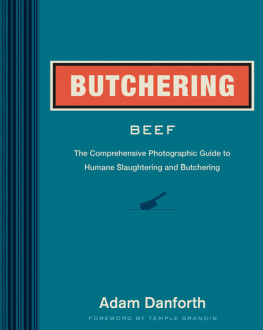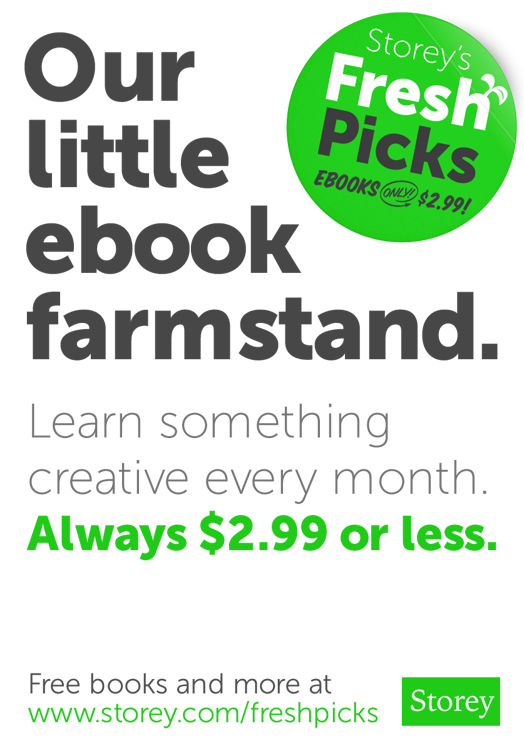The test of a first-rate intelligence is the ability to hold two opposing ideas in mind at the same time and still retain the ability to function. One should, for example, be able to see that things are hopeless yet be determined to make them otherwise.
F. Scott Fitzgerald, The Crack-Up
The mobile poultry processing trailer or MPPT, owned and managed by the nonprofit Island Grown Initiative (IGI), was developed because of these early observations:
Look at your food web from egg to roast chicken. Notice how it involves the environment, economics, policy, regulations, politics, people, birds, slaughter/processing, the kitchen, and the compost pile.
Put your local chicken at the top of a diagram. Now ask yourself, who and what make up the web around your Gallus gallus domesticus?
What will it take to get your chicken from the brooder to the stockpot? Consider the following. In order to support the MPPT you need:
Each of these groups has its own concerns and needs. Sketch this out to help identify what you know already and what you need to learn.
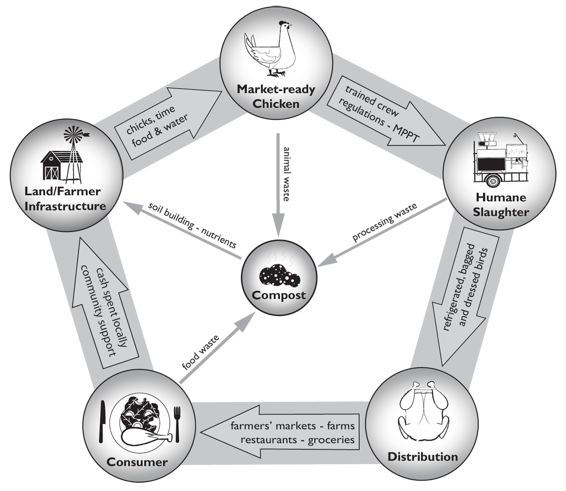
Chickens make connections in a typical food web.
Find Your Founders
Gather people in your community who fall into the categories mentioned above to begin the discussions, dialogues, and actions early and transparently. Identify:
Farmers, who may or may not be raising meat birds now.
Markets and grocers, who hear increasing customer demand for local food, including locally raised and humanely slaughtered poultry. Its unlikely that the supply can meet this demand.
Restaurants, which have chefs and cooks looking to source good chicken. Frequently restaurateurs dont have access to local product or think its too expensive, cumbersome, or inconsistent for their menus.
Backyard growers, who are raising chickens or want to for their own consumption. This would fall under custom slaughter as opposed to commercial, licensed or permitted slaughter. These backyard growers may well become the next beginning farmers.
Eaters, who are neither farmers nor growers but want to make a difference in creating a healthier and more resilient food system.
Bring in Local Regulators but Not Right Away
Regulators are part of your food web; however, get your game on a bit before you bring them into your plan. They cant be a part of your founding team, because that would be a conflict for them. And you. It's like keeping church and state separate.
These regulators work in government departments related to public health, agriculture, and environmental protection. Their concerns are:
- Livestock health
- Best farming practices
- Animal welfare
- Water
- Composting
- Food safety (including bioterrorism and traceability)
- Worker safety
- Slaughter and processing licenses
Potluck with a Purpose
Invite people from your food web to meet and discuss your communitys needs. Invite the farmers, grocers, restaurateurs, cooks, parents, teachers, gardeners, writers, students, food-pantry volunteers youve identified in your food community anyone who eats and who wants to work for a better, more resilient local food system.
Let them know in advance that this is a working meeting aimed at assigning tasks and scheduling subsequent meetings. Include possible resources for them to review before they come to your first meeting, such as Michael Pollans book The Omnivores Dilemma or Collapse: How Societies Choose to Fail or Succeed by Jared M. Diamond.
Serve food or make it a potluck. Always include some good, fresh food! This seems obvious, but sometimes we forget that this journey is really all about food. What you serve sends a message, sets the tone.
Have your agenda visible, whether its on a poster on a wall or easel or on each table. Leave room for discussion people may be shy at first but be sure also to stick to your timeframe.
Sample Agenda
- Welcome and thank you.
- A reading. Start off with something from Wendell Berry, the farmer, poet, and essayist, or from someone else who inspires you.
- Introductions around the room (even if you think everyone knows each other) with one or two lines about why food matters to each person. This gets vocal cords loose. It also helps you to know why people are there and whats the baseline. Listen.
- Overview. Whats happening in food systems elsewhere.
- Discussion of the current options for poultry slaughter in your community. Monitor that this doesnt turn into a bitch session about the processors or regulators.
- Determine next steps. Create actions and openly discuss how follow-up will happen: who to coordinate, how best to communicate.
- Closing comments. Sum up what you heard. Announce or agree to the next meeting date, review any actions that were set, and say how and when notes will be sent out.
- Clean up the kitchen, and take the slop buckets to the pigs!
Set up a sign-in sheet to collect best contact information: e-mails, phone numbers, and mailing addresses.
Use name tags.
Have fresh or dried fruit, nuts, and water on the tables so people dont have to get up for their brain-snacks.
Screen a film (see for suggestions) with a discussion afterward about addressing humane raising of poultry and humane slaughter and processing of poultry.
Assign a scribe to take notes throughout the meeting.
Set up a white board or tape sheets of paper to a wall to gather peoples thoughts, ideas, and, most importantly, actions. Make these notes available to everyone who attends the potluck/meeting. Share them on the Internet (such as on a listserve or Google docs) or print out copies and supply them to attendees.
Put pens and paper on each table so people can take their own notes.
Ask your group for names

